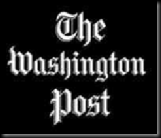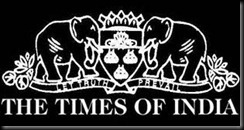EXPERT VIEWS: INDIA’S ECONOMY GROWS 5.3 PERCENT IN SEPTEMBER QUARTER
Reuters, November 30, 2012
MUMBAI (Reuters) - India's economy grew at a lower-than-expected 5.3 percent in the quarter ending in September, against an analysts' forecast of 5.4 percent, government data showed on Friday.
The manufacturing sector grew an annual 0.8 percent during the quarter while farm output rose 1.2 percent, the data showed. In the quarter ending in June economic growth was at 5.5 percent.
Asia's third largest economy is still growing faster than many other major economies, but it has slowed from 6.5 percent in the 2011/12 fiscal year and 8.4 percent in the previous two fiscal years.
COMMENTARY
RAJEEV MALIK, SENIOR ECONOMIST, CLSA, SINGAPORE
"The GDP data are pretty much in line with expectation and we expect the December quarter GDP to be in the 5.0-5.5 percent range as well, before improving in the March quarter.
"There is a low-level stabilisation in the economic activity taking place. The GDP data do not alter our full-year 2012/13 GDP growth forecast of 5.5 percent, improving slightly to 6 percent in 2013/14.
"The government only woke up at the end of September, and this GDP data do not capture the impact of that change. There will be a time lag as financial markets discount the likely real economy impact."
(...) [article here]

































